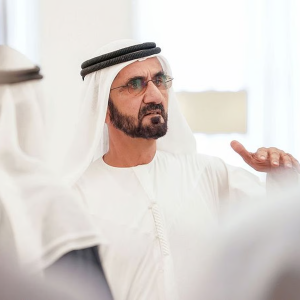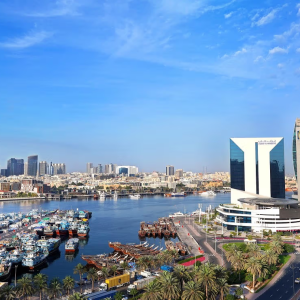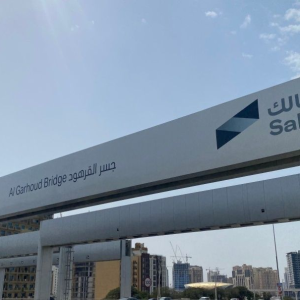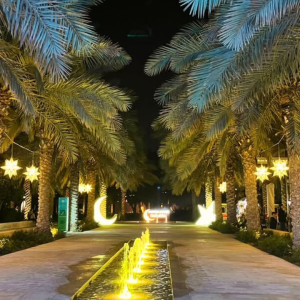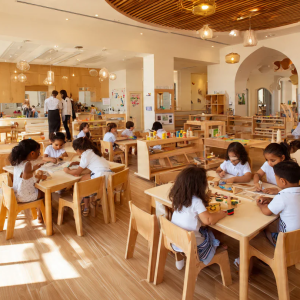Dubai flexible work initiative, known as “Our Flexible Summer,” is set to conclude this Friday, September 12, 2025. Launched by the Dubai Government Human Resources Department (DGHR) on July 1, the program was designed to improve work-life balance for government employees during the city’s hottest months.
What Was the “Our Flexible Summer” Initiative?
The initiative offered two flexible work schedule options to government employees:
- Group One: Worked eight hours from Monday to Thursday, with Fridays off.
- Group Two: Worked seven hours Monday to Thursday and 4.5 hours on Friday.
This approach allowed employees to enjoy longer weekends and reduced working hours, promoting better work-life balance during the summer heat.

Why Was the Initiative Introduced?
Dubai experiences extreme heat during the summer months, making traditional work schedules challenging. The “Our Flexible Summer” initiative aimed to:
- Enhance Employee Well-being: Providing more personal time to reduce stress and improve mental health.
- Increase Productivity: Studies suggest that well-rested employees are more efficient and focused.
- Attract Talent: Offering flexible work options can make government roles more appealing.
The program aligns with Dubai’s broader goals to modernize the workforce and improve the quality of life for its residents.


Outcomes of the Initiative
The pilot phase in 2024 showed promising results:
- Employee Satisfaction: Happiness levels reached as high as 98%.
- Productivity Gains: Measurable improvements in work output and efficiency.
- Institutional Performance: Enhanced performance across participating government entities.
These positive outcomes led to the expansion of the initiative in 2025.
What Happens After Friday?
After September 12, employees will return to the standard five-day workweek. However, the success of the “Our Flexible Summer” initiative has sparked discussions about making flexible work arrangements a permanent feature in Dubai’s public sector.
The DGHR plans to assess the program’s impact and consider its feasibility for long-term implementation. Feedback from employees and performance data will play a crucial role in these deliberations.
Global Trends in Flexible Work
Dubai’s initiative is part of a global movement towards more flexible work arrangements. Countries like Japan, the UK, and Australia have experimented with four-day workweeks, reporting benefits such as increased employee satisfaction and productivity.
The success of these programs suggests that flexible work models can be both beneficial for employees and sustainable for employers.
Conclusion
Dubai’s “Our Flexible Summer” initiative has demonstrated the potential advantages of flexible work schedules in the public sector. As the program concludes this Friday, its outcomes will likely influence future policies regarding work arrangements in Dubai and potentially inspire similar initiatives in other regions.
Do follow UAE Stories on Instagram
Read Next – Dubai Metro: From Commuting Millions to Milestones in 16 Years




